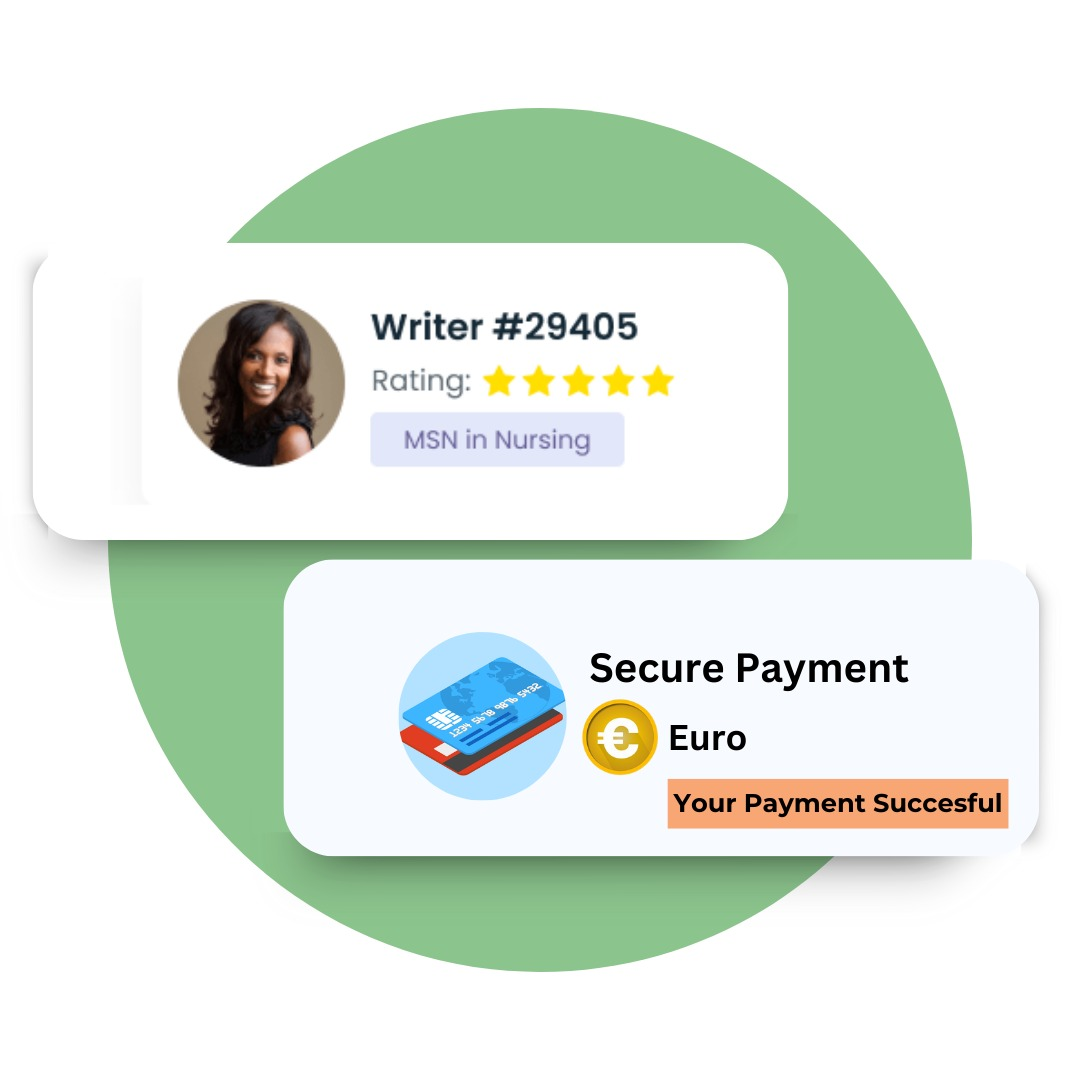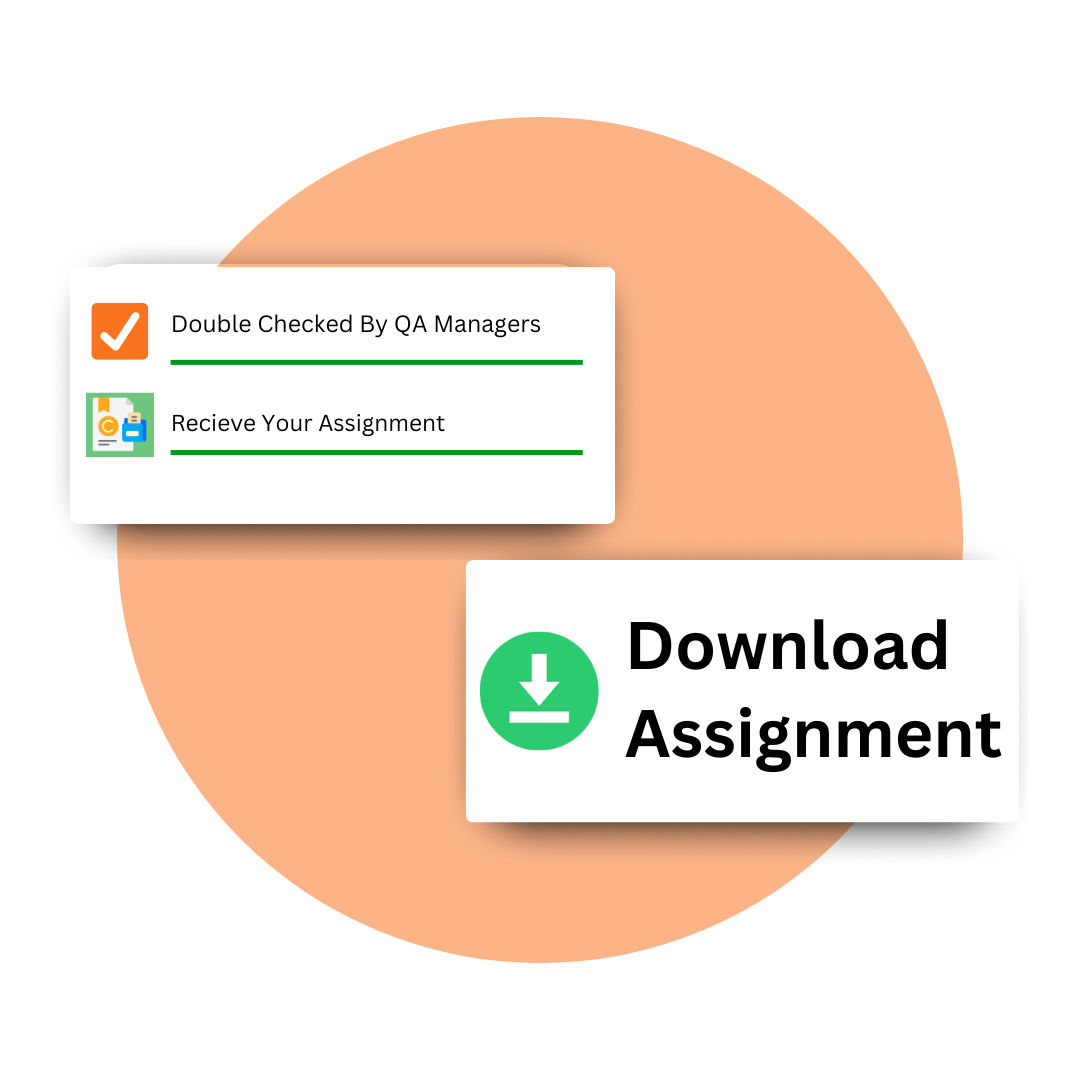Easy process to hire professional assignment writers in the UK with 3 simple steps.

Provide us with your assignment details, including deadlines, word count, or any specific instructions that go into your assignment.

Once we get your request, our writers will provide you with a fair quote based on your assignment requirements After accepting, you can proceed with the payment.

After completion of a professionally written assignment, we will notify you through email or our student portal so you can download and review your assignment, and if necessary, you can ask for revision too.
We hire experienced writers who have extensive experience at ILM and are specialised in the dynamics of teams. They know how to deal with the challenges of an ILM Level 3 assignment.
Every assignment is done from scratch, so we provide highly customised solutions coupled with answers that align with ILM, making your assignments unique in response to the requirements of coursework.
Every assignment is specifically made without any copy-pasting or using AI in writing so that the final product matches all academic standards.
Our writers are experienced with instant assignment help and will always provide you with high-quality assignments before the given deadline so you can have time to cross-check.
Our understanding of recruitment and selection of new staff assignments helps provide top-quality, AI-free assignments that are 100% customised to your requirements, helping you achieve excellence in your ILM Level 3 course. Our assignment help service will also give you a chance to ask for revisions as many times as you need without any extra charge. Below, we have provided an assignment sample, which you can take a look at for free. Contact us today and hire professional ILM-certified experts and boost your academic scores.
A positive working relationship is essential to having a successful team. The following are key benefits of excellent work relationships:
For a cohesive team, trust is maintained in the following acts, among others:
Proper communication offers a key to the effective flow of team dynamics by:
While groups and teams both contain working members, there is still an important distinction:
Another very common model of group formation is Tuckman’s five stages. These consist of:
A manager might find the following benefits of knowledge about which roles team members like to hold as described in the Team Role Model by Belbin:
Improving Team Performance: By putting people in roles that come most naturally to them, the manager maximises individual contributions and also improves overall team performance.
A+ reviews of our customers who took our ILM Level 3 8600-309 assignment writing help.
A
Alex Turner

ILM Assignment Helper played a key role in my success with ILM Level 3 assignments. Their team offered exceptional insights, guidance, and support. They ensured I understood the core concepts and applied them in my coursework, resulting in fantastic grades and a more solid grasp of leadership principles.
M
Michael Thompson

ILM Assignment Helper delivered high-quality work for my ILM Level 7 assignments. Their expert writers incorporated advanced research and real-world examples that directly aligned with my academic needs. With their support, I achieved excellent grades and was able to apply the knowledge practically in my career.
E
Emma Green

I couldn’t have asked for better help with my ILM Level 3 assignments. ILM Assignment Helper’s team provided clear, concise, and well-researched content that directly addressed the challenges in my coursework. With their help, I improved my grades significantly and gained a clearer understanding of leadership principles.
D
Daniel Hughes

I was having difficulty understanding some of the more complex management theories in my ILM Level 5 course. The team at ILM Assignment Helper provided tailored support that helped me break down these concepts into easily digestible pieces. Their research and writing assistance improved my work quality and led to top grades in my assignments.
C
Charlotte Roberts

ILM Assignment Helper was a lifesaver during my ILM Level 7 course. Their expert writers not only provided high-quality, well-researched content but also made sure the assignments aligned perfectly with the requirements of my curriculum. Thanks to their assistance, I passed with distinction and gained insights that will benefit me in my career.
J
James Carter

I was struggling to understand the practical application of leadership theories in my ILM Level 3 assignments, but ILM Assignment Helper made everything clear. The team’s input was invaluable, helping me complete my work with a deep understanding of how these theories apply to real-life situations. I received excellent grades thanks to their support.
Fast, Affordable, and Accurate ILM Assignment Help at Your Fingertips
